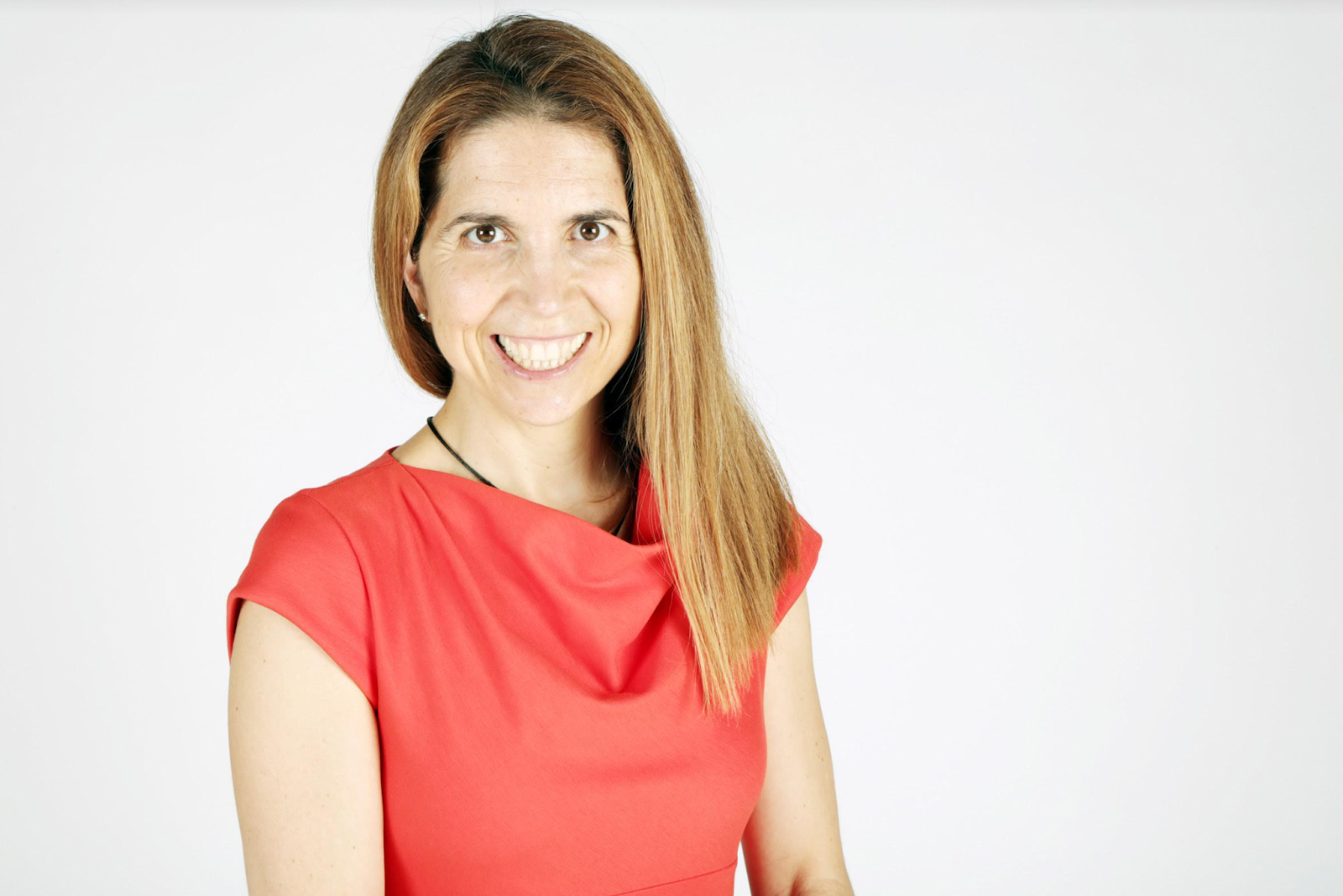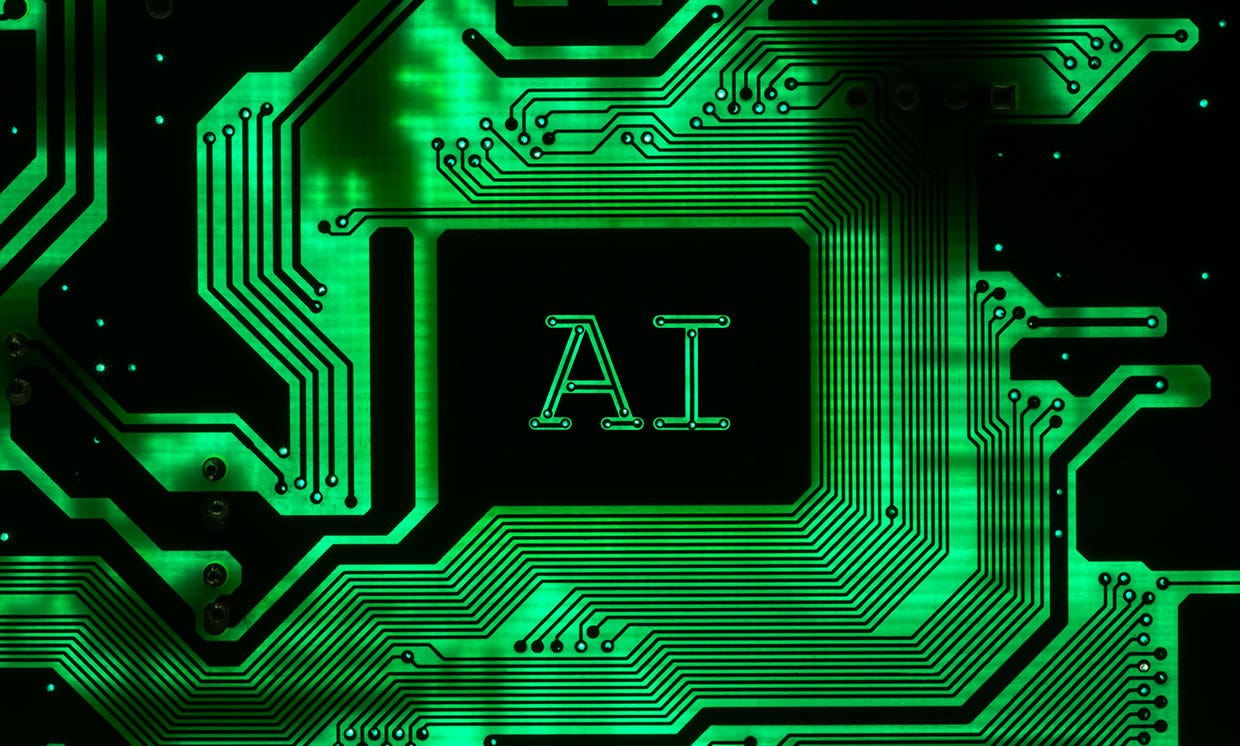Meet Nuria Oliver (1/2)


Each week, Urban AI presents you one member of its Scientific Committee.
For our second episode, we interviewed Nuria Oliver. Nuria is Co-Founder and Chief Scientific Advisor of ELLIS Unit Alicante Foundation, Chief Data Scientist at Data-Pop Alliance and Chief Scientific Advisor to the Vodafone Institute. She holds a PhD in Computer Science and AI from the MIT Media Lab. In March 2020 she was also appointed Commissioner to the President of the Valencian Region on AI Strategy and Data Science to fight COVID-19. She is a Fellow of IEEE, the ACM, EurAI and is a permanent member of the Spanish Royal Academy of Engineering, SIGCHI Academy and Academia Europaea.
You said in an interview for Vodafone Institute that humans and machines should peacefully live together in the future. Could you explain this idea ?
I think we need to work on that, and we need to fight for that. My vision is that technology should help us and support us. In almost any area of our lives, we could enhance it by using technology, from supporting our creativity to enabling us to detect diseases early. It can also help us be more productive and it evidently helps us to stay in touch with the people we love. I have devoted my entire research career to creating technology that supports humans and helps humans.
Another area that I have been very interested in for over 10 years, is the area of how we could leverage technology, data and machine learning to understand, model and predict collective human behaviour, what is called Computational Social Sciences. Particularly, to use that understanding of collective human behaviour for social good. A clear area of impact are infectious diseases and pandemics, including the COVID-19 pandemics. Other areas of interest are financial inclusion, education and emergency response due to natural disasters. This area is about going beyond technology that helps us and assists us individually to technology for collective positive impact, to help us make better decisions that affect the lives of millions of people. For example, instead of making public policy decisions based on intuitions, obsolete knowledge, or political interests, to be able to make those decisions based on evidence, data-driven analysis and scientific knowledge.
Can you explain how AI technologies could be used for financial inclusion?
There are different elements to it. One area is to use pervasive data sources to automatically infer the socioeconomic status of a region. If we can do that continuously or very frequently as opposed to doing it once every 10 or 30 years, when we do the census, then it would be much quicker to identify areas that might be starting to decline economically or that might be in trouble in some way, and we could intervene faster and earlier before it is too late. Another example is using what is called automatic data sources, such as the use of mobile phones, obviously with the individuals’ consent, to create credit scores and enable the 1.7 billion people in the world who are unbanked, and therefore outside the credit system and are therefore unable to access credit. The challenge is that the people who are unbanked do not have a financial history and therefore financial institutions have a lot of difficulties in lending them money because they do not know how reliable they are. However, a large percentage of these people have mobile phones. Thus, the question is if we could leverage the fact that they have mobile phones to help them access credit in more advantageous conditions by creating credit scores based not on their financial behaviour, but on their mobile phone records, for example. Together with researchers from my team at Telefonica, we did just that to help unbanked individuals in Latin America.
In addition, there are many developing economies around the world that are using mobile money which enables people to do financial transactions — like transferring money or making payments — via SMS on feature phones. Together with researchers at Vodafone and collaborators at Vodacom, I have also done research on better understanding the drivers and barriers for the adoption of mobile money. This information is valuable to help develop more effective financial inclusion services.

You said that AI and machine learning technologies could help us to be better societies and advance collectively. On the other hand, AI technologies create echo chambers, especially on social media .How could we use AI to be better connected rather than isolated ?
We need to remember that not every technological development or innovation entails progress. To me, what motivates my work and what I think we should invest on is on scientific research, innovations and technological deployments that contribute to progress, not that hinder progress. Progress means improving peoples’ quality of life, all people, not just some people, also the quality of life of the other biological beings on our planet and our planet itself.
When we look at the technology that we use today from that perspective and ask ourselves if it really contributes to progress, the answer might be negative, that is, we might not be able to articulate how it is actual progress. That is why I have been advocating for many years to invest in developing technology that is really on our side, that really has our wellbeing and that of our planet as its objective. That is not necessarily aligned with maximizing our engagement or how much time we spend using it because we know excessive use of technology is not positive for us, but for our actual well-being. This idea would include new human-interaction concepts, such as developing technology that recommends us to turn it off. Why not design technology that suggests to us to turn it off because we have used it too much, it is not doing anything helpful for us and maybe it is healthier for us not to look at a screen anymore?

I am interested in performing independent research on this topic to shed light on the benefits and the negative implications of the technology we use today in our daily lives. We should also be able to engage and create a civil movement, an informed civil movement through education, that would advocate for technology that represents progress, not just technological innovation for the sake of innovation and for the profits of the companies that make it without considering its impact on people’s lives and our environment.
You said that technology should be used for the progress and the good of all beings, not just humans, but also our planet and other animals. However, AI algorithms use a lot of energy and emit greenhouse emissions. Is it possible to create “ green AI” ? If yes, how ?
Yes, that is a very active research area. On the one hand, we are not going to be able to combat climate change and to have sustainable renewable energy without the help of AI, which is a key enabler of e.g. intelligent transportation and renewable energy — such as wind and solar — systems. We would not be able to have smart cities and precision agriculture without AI. In every field where we can have an impact on the environment, we could leverage AI to be able to tackle better all those challenges. At the same time, a lot of today’s data-driven techniques require very large-scale computation that is not CO2 neutral and has its own carbon impact. There is a lot of research right now on how to have sustainable machine learning algorithms that are more energy efficient.

It is important to be transparent about the energy needs of state-of-the-art AI algorithms and to create benchmarks so that new research can try to be more energy-efficient and environmentally friendly. The net contribution of AI will most likely be positive, that is, its benefits would outweigh its negative impact on climate change and the environment. However, we should not overlook the fact that in general the technology sector and especially the AI applications within it, are very energy greedy and have a not negligible CO2 footprint. One of the most well-known examples is the energy needs related to mining Bitcoins. Training large-scale, sophisticated, state-of-the-art deep neural networks requires a lot of computation and therefore a lot of energy. As AI becomes more pervasive in our lives and economies, we would need to accompany such a development with a movement for planet-friendly AI methods and systems.
This article is also availabe on our Medium : https://medium.com/urban-ai/meet-nuria-oliver-1-2-3edc7e92ef4a



